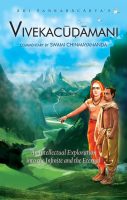How Can it Happen?
Somebody asked me a question recently, about what is meant by the term enlightenment or awakening? and so I thought I would say something about this as there is so much misunderstanding about it.
Many of us went either physically or intellectually to the east, to hear about enlightenment or awakening or liberation, to india, japan, china, tibet, thailand and so on. And these cultures are of course, by comparison with western culture, extraordinary exotic and as a result many people, myself included, conflated the idea of enlightenment or awakening with the extraordinary exotic natures of these cultures, believing that enlightenment itself is something extraordinary or exotic. That it is a marvelous experience beyond any experience that we could possibly imagine and as a result we set up a, a goal to um experience this marvelous experience that we have heard about or read about. Nothing could be further from the truth, enlightenment or awakening is not an extraordinary exotic experience, indeed it is not an experience at all, it is simply the recognition of the nature of our being which underlies and indeed pervades all experience irrespective of its content and it is for this reason that I sometimes refer to this approach as a way of recognition, recognition meaning of course to to know again, something that we have always known but have overlooked or ignored or forgotten.
So what is it that we have overlooked or ignored? It is simply our being our essential self.
Why have we ignored it or overlooked it? Simply because we have become fascinated with the content of our experience.
Read more

